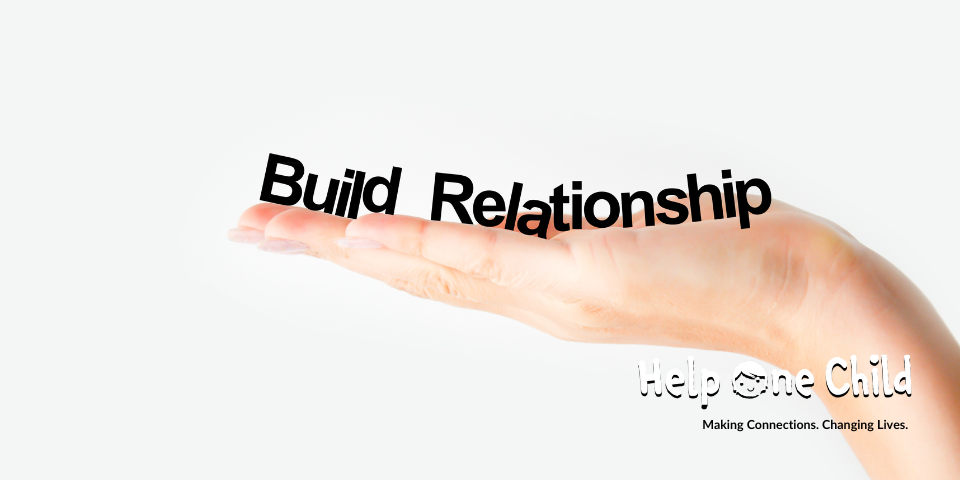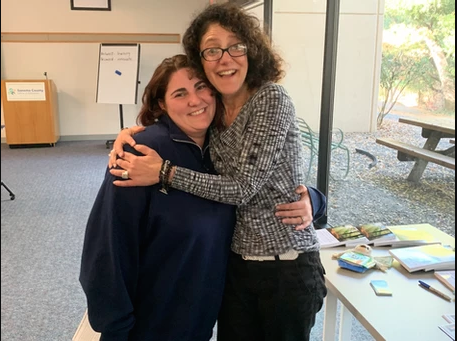Grow Relationships Amidst Challenging Circumstances
By Laura Elizabeth DeHority, LMFT
The Hippocampus is the part of our brain that regulates stress and enhances memory.
In times of stress, it actually shrinks so it has less ability to regulate. In hard times, we start forgetting things that are important to our daily lives and functioning.
The good news is that there are tried and true, scientifically proven, ways to help our hippocampus.
One of the best ways to stretch our hippocampus back to size comes from nurturing the most important and often overlooked relationships in our lives.
It requires we make time and use skills to strengthen relationships, especially our marriages, and avoid the inclination to self isolate. Reaching out to those we are closest to, such as our spouse or go to people, can not only strengthen our relationships, but also give us the much needed support to remain connected, nurtured and supported through difficult times.
Top five ideas to connect to others when circumstances with children are challenging:
1. Simply say no to others so that you can say yes to those who matter most!
Filter through the busy and make your relationships a priority. You might need a reminder that you owe it to yourself, each other and your family. Time together is a necessity, not a guilty pleasure. Make this time something that you look forward to and see as necessary. Protect this cherished time because lots of other hard stuff is out of your control.
2. Disconnect from Technology.
Perhaps this is the BIGGEST “NO” on the list! This does not mean that you can’t pop a bowl of popcorn and watch a show or play a game that you both enjoy. Instead, turn off the world that won’t let you rest, where technology has become a negative coping skill that causes you to zone out, instead of engaging. Disconnect from texts, social media, emails, internet feeds, and games or apps on your phone. We don’t like to think that our media use is addictive, but it is possible. If you are engaging in technology, you are not engaging with your significant relationships. Remember that Hippocampus? When you are engaging in technology you are actually shrinking the part of your brain you need to regulate stress and remember things!
3. Find fun and creative distractions away from the behaviors of challenging children and other stressors to fill the gap you just closed by putting away your screen.
There are many ways to fill your time so try one of these or something in alignment with your interests. Try a sporting event (my family went bowling this past weekend) or take an art class. If none of those strike your fancy, take a walk in the neighborhood together. If you are in conflict, it often helps to get a breath of fresh air and the pressure of the neighbors hearing you might just keep you from saying the thing you can’t unsay. This might be a good time to try being curious. What is your loved one interested in that might rock their world if you took an interest, too? A few added ideas related to engaging in a mutual interest is to keep it emotionally safe by avoiding any temptation to turn this opportunity for connection into a place for criticism or unhealthy competition. This tip is at the top of the Hippocampus stretching heap!
4. Growing our relationships through stressful circumstances includes finding ways to encourage one another.
As parents in challenging relationships with our children, we often feel like we don’t do enough, we did it wrong, we did too much, we overthink it, and we are often way harder on ourselves than we would ever be on another human being. Encouraging isn’t trying to offer solutions. It is acknowledging how hard they try, how things are outside of their control, that good people make mistakes every day and they are still good people, that we might need a resource (not a solution), a hug, or a safe place to vent. Encouragement is pure and not a backhanded compliment.
5. Tip five is specifically geared at connecting to one another in times of high stress, conflict and distress.
Explore ways to get on the same page for areas where you can by establishing middle ground. This might require you to see and acknowledge the other person’s differing point of view to the same degree that they can acknowledge your differing points of view. Remain in a loving mindset while gently but directly maintaining your bottom lines If it feels like the common ground is nothing more than quicksand, don’t be afraid to ask for help where you are struggling from someone you trust, an accountability or support group or someone who serves in a counseling role. When things are complicated, pay attention to the need to meet forward progress in stages and avoid jumping into any solution too quickly.
While we tend to put our relationships on the back burner during hard times, it is essential to have the right tools and strategies to keep those relationships at the top of the list.
Laura Beth DeHority, LMFT is an adoptive parent and therapist in private practice who specializes in working with caregivers and families who are touched by all forms of special needs. She works with individuals, couples, siblings, groups and multi-generational families to provide support in areas of family roles, communication, stress reduction, anxiety, depression, grief, addiction and trauma release. She is a valued Help One Child trainer, blog article author and podcast guest, as well!









